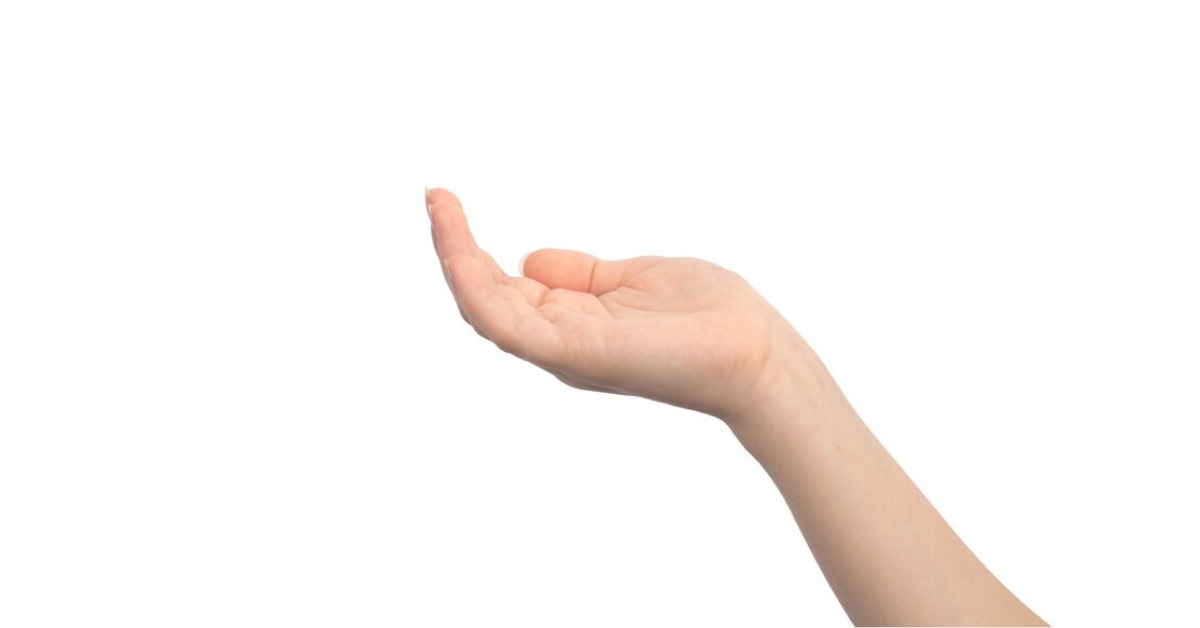Cold hands are a common issue that people experience, especially in colder weather. However, this condition can also occur in warmer months. While cold hands are often harmless and temporary, they can sometimes indicate an underlying health issue. In this article, we will discuss the symptoms, causes, diagnosis, and treatment of cold hands, and we will also provide information on how you can consult a doctor in Indore for the condition.
Symptoms of Cold Hands
The symptoms associated with cold hands can vary, including the following:
- Cold Sensation in the Hands – The most common symptom is the sensation of hands feeling colder than usual.
- Mild Abdominal Pain or Cramping – Some people may experience mild abdominal discomfort alongside cold hands.
- Numbness in the Hands – A reduction in blood flow can cause the hands to feel numb.
- Color Changes – There may be visible changes in the color of the hands, such as turning blue or white.
- Pain – In some cases, people may experience pain in the hands, especially if there is a significant disruption in blood flow.
Causes of Cold Hands
There are several potential causes of cold hands, including:
- Cold Weather – Exposure to low temperatures is the most common cause of cold hands. When the body is exposed to cold environments, blood flow to the extremities decreases as the body focuses on keeping the core warm.
- Circulatory Issues – Conditions that affect blood circulation, such as Raynaud’s disease or other vascular problems, can result in cold hands.
- Stress and Anxiety – Emotional stress and anxiety can cause blood vessels to constrict, leading to reduced blood flow and cold hands.
- Hypothyroidism (Underactive Thyroid) – An underactive thyroid can disrupt the body’s ability to regulate temperature, leading to cold hands.
- Lack of Exercise – Insufficient physical activity can impair blood circulation, which can cause cold hands.
- Underlying Health Conditions – Certain serious conditions like heart disease or kidney problems can also result in cold hands.
Diagnosis of Cold Hands
To determine the cause of cold hands, doctors may perform several diagnostic procedures, including:
- Health History – Your doctor will review your medical history, including any stress factors, eating habits, and whether you have any chronic conditions.
- Physical Examination – The doctor will physically examine your hands to check for signs of restricted blood flow or other issues.
- Blood Tests – Blood tests may be conducted to check for underlying conditions like hypothyroidism or anemia, which can cause cold hands.
- Imaging Tests – In some cases, imaging tests such as ultrasounds may be necessary to evaluate blood vessels and circulation.
Treatment for Cold Hands
The treatment for cold hands depends on the underlying cause. Here are some common approaches:
- Healthy Diet and Lifestyle Changes – Eating a balanced diet, staying hydrated, and maintaining good overall health can help regulate your body temperature and improve circulation.
- Wearing Warm Clothing – When exposed to cold weather, wearing warm gloves and keeping the rest of your body covered can help maintain body heat and improve blood flow to the hands.
- Stress Management – Practicing stress-relieving techniques like yoga, meditation, and deep breathing can help reduce the constriction of blood vessels caused by emotional stress.
- Regular Exercise – Engaging in physical activities like walking, swimming, or yoga can improve blood circulation and help prevent cold hands.
- Consulting a Doctor – If cold hands become a persistent problem or are accompanied by other symptoms such as pain, numbness, or color changes, it is important to consult a doctor in Indore for a proper diagnosis and treatment.
Consulting a Doctor in Indore for Cold Hands
If you are experiencing persistent cold hands and suspect an underlying health issue, it is important to consult a doctor in Indore. In Indore, you can find qualified specialists who can accurately diagnose the condition and recommend appropriate treatment. Whether the cause is simple cold weather or a more serious condition like a thyroid problem or circulatory issue, a doctor in Indore can help you find the right treatment and care.
If you are concerned about cold hands, don’t wait too long to seek medical attention. With the proper diagnosis and treatment from an expert in Indore, you can address the issue effectively and avoid potential complications.
FAQs
1. What causes cold hands?
Cold hands can be caused by several factors, including exposure to cold weather, circulatory issues, stress and anxiety, hypothyroidism (underactive thyroid), and a lack of exercise. Certain underlying health conditions like heart disease or kidney problems can also contribute to cold hands.
2. How can I tell if my cold hands are a sign of a serious condition?
If cold hands are accompanied by symptoms such as severe pain, numbness, color changes (like blue or white hands), or if they don’t improve with warming up, it may indicate a more serious condition. It’s important to consult a doctor in Indore for a proper diagnosis if these symptoms persist.
3. Can stress lead to cold hands?
Yes, emotional stress and anxiety can lead to constriction of blood vessels, reducing blood flow to the extremities, which can cause cold hands. Managing stress through relaxation techniques can help alleviate this.
4. How can I prevent or treat cold hands?
To prevent or treat cold hands, you can wear warm gloves, engage in regular exercise, manage stress, and maintain a healthy diet. If the problem persists, seeking advice from a doctor in Indore for proper diagnosis and treatment is recommended.
5. When should I consult a doctor for cold hands?
If cold hands persist for a long time, are accompanied by severe pain, difficulty in movement, or other symptoms like unexplained weight loss, it’s time to consult a doctor. A healthcare professional can help identify any underlying conditions and suggest appropriate treatments.


